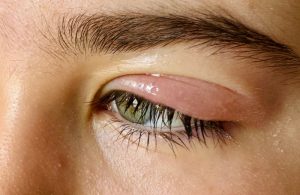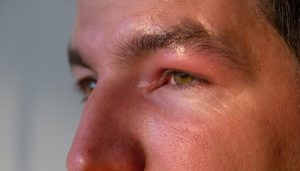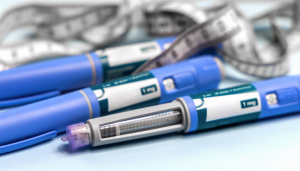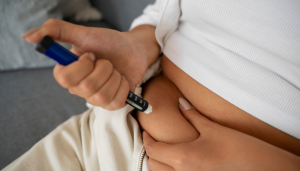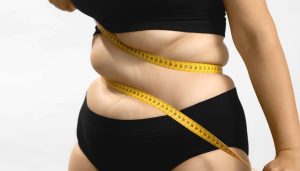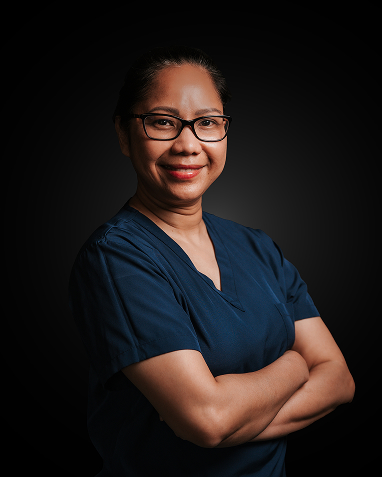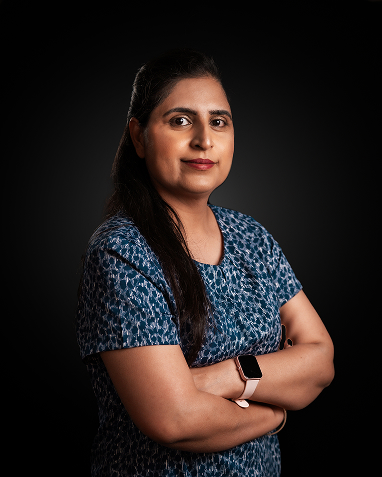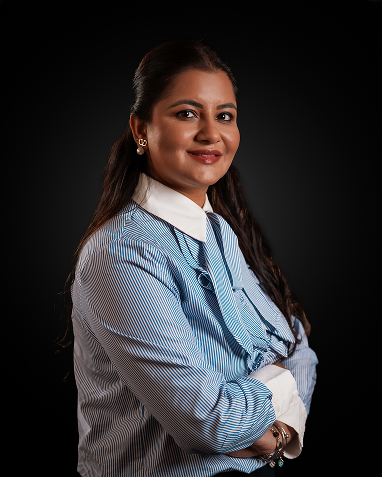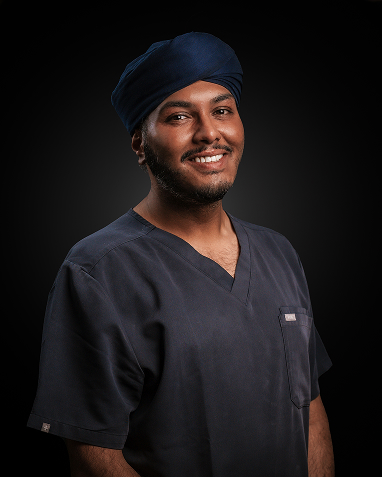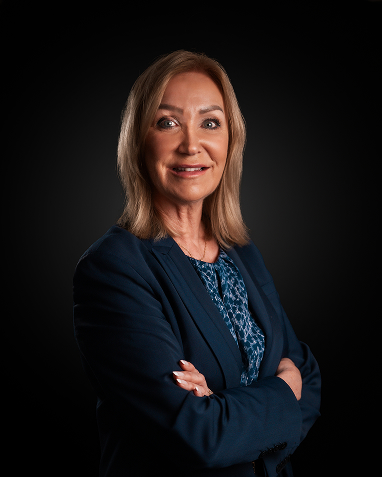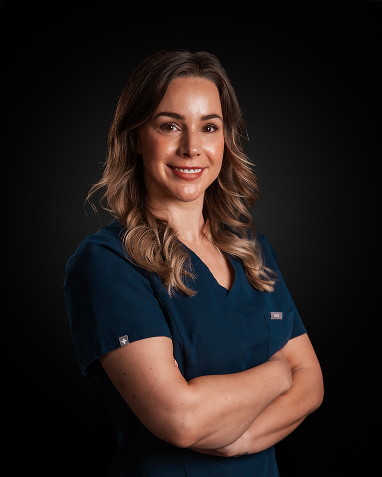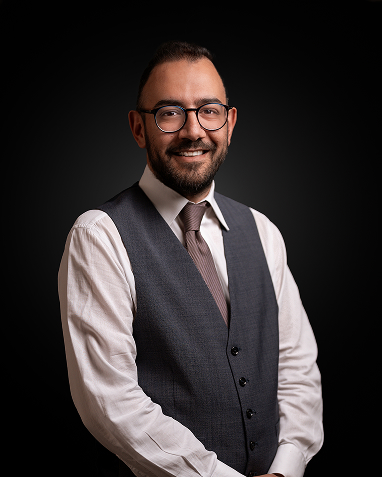Blog /
Ageing /
Understanding Ageing: Signs, Causes, and What You Can Do About It
Understanding Ageing: Signs, Causes, and What You Can Do About It
As we look in the mirror each day, we may see subtle changes, like fine lines forming around our eyes, maybe a little sagging around our jawline, or perhaps looking a little more tired than usual.
These are all normal signs of ageing; everyone will experience ageing in one way or another; it is a natural part of life. But did you realise that human ageing can begin as young as mid-20s, well before you notice any physical signs?
According to the National Library of Medicine, human skin ageing starts around age 25 and coincides with a gradual decrease in collagen production.
In this blog, we will examine the ageing process in detail, its effects, the differences between men’s and women’s ageing processes, the signs of ageing, and what you can do to age successfully and with confidence.
What Is Ageing?
Ageing (or aging, depending on your spelling preference) is the gradual biological changes in all living organisms over time. It affects every aspect, including skin, bones, brain, and the immune system.
But let’s clear up one common confusion: Is it ageing or aging? The answer is both are correct! “Ageing” is commonly used in British English, whereas “aging” is the American spelling. So when you see discussions about ageing versus ageing, they discuss the same process!
When Does Ageing Really Start?
Ageing starts at the cell level from the moment we are born. The first visible signs of ageing, especially on the skin, usually show up in our mid to late twenties. Collagen production slows, and subtle fine lines may form, particularly around the eyes and mouth.
Here’s a quick breakdown of what typically happens by decade:
- 20s: Collagen starts to decline. Fine lines may begin to show, mostly from facial expressions and sun exposure.
- 30s: Lines become more defined. Skin may start to lose moisture and elasticity.
- 40s: Noticeable loss of volume and firmness. Wrinkles deepen, and sagging can begin.
- 50s: Slower cell turnover leads to duller skin. Wrinkles and texture changes become more prominent.
- 60s and beyond: Increased dryness, more visible pigmentation (age spots), and in some cases, cognitive changes like slower neural processing.
The Most Common Signs of Ageing
People pay close attention to the signs of ageing because they are unavoidable. However, these signs can appear very differently based on a person’s genetics, lifestyle, and the environment they have experienced throughout their life.
The most commonly observed signs of ageing are:
Physical signs:
- Fine lines and wrinkles
- Loss of elasticity in the skin
- Skin tone, texture, and pigmentation changes
- Thinning hair or hair loss
- Reduced bone density
- Slower metabolism
- Joint stiffness
- Reduced muscle tone
- Vision and hearing decline
Cognitive and emotional:
- Memory lapses
- Slower processing speed
- Lower energy or increased fatigue
- Anxiety about health and mortality
- Changes in sleep patterns
Everyone will experience signs of ageing at different times in their lives. Factors like too much sun, smoking, drinking alcohol, and poor diet habits can speed up this process, but ageing is a natural part of life that affects us all.
Ageing in Women vs Ageing in Men
Ageing in women tends to become more apparent at the same time they are going through peri-menopause and menopause because women experience an abundance of hormonal changes that affect everything from skin texture to bone density to energy levels.
Oestrogen plays an important role in maintaining skin elasticity and moisture, and its decline can lead to visible signs of ageing more rapidly. On the other hand, ageing in men tends to be more gradual.

Ready to achieve your aesthetic goals?
- CQC-Registered Clinic with Nationally Recognised Leadership
- Over a Decade of Surgical & Aesthetic Expertise
- Personalised treatment plans tailored to your needs
Testosterone levels start waning as boys grow into adulthood; by adulthood, a man will likely have lost an average of 1 per cent a year.
This dwindling of testosterone comes with loss of muscle mass, weight gain, and, in some cases, a drop in libido. Skin ageing, therefore, is less noticeable by men because men usually have thicker skin with a higher collagen density than women.
Hence, ageing is indeed a big subject: ageing heavily depends on gender, hormones, and individual health conditions.
What Accelerates the Ageing Process?
If you understand the factors that accelerate human ageing, you can surely work around them. Here are some common causes:
Lifestyle Factors
- Unhealthy Diet: Eating excessive amounts of processed food, sugar & unhealthy fats can damage your cells and trigger inflammation, which speeds up ageing.
- Lack of Exercise: If you don’t move enough, your muscles get weaker, your bones become thinner, and your chances of getting sick increase. All of these factors can accelerate the ageing process.
- Smoking: Smoking harms your lungs, skin, and organs. It breaks down collagen and leads to early wrinkles, dull skin, and higher disease risk.
- Too Much Alcohol: Drinking heavily over time can damage your liver, brain, and other organs, leading to quicker physical and mental decline.
- Chronic Stress: Constant stress raises hormones like cortisol, which can damage your cells and increase inflammation, both linked to faster ageing.
Environmental Factors
- Sun Exposure: Spending too much time in the sun without protection damages skin cells, causing wrinkles, sun spots & a higher risk of skin cancer.
- Poor Sleep: Not getting enough quality sleep affects your body’s ability to repair itself, messes with hormone levels, and can make you age faster.
- Pollution: Breathing in polluted air harms your skin and internal organs by increasing oxidative stress, which contributes to early signs of ageing.
Health Issues Commonly Linked to Ageing
As we age, the risk of chronic health conditions rises:
- Cardiovascular disease: Blood vessels stiffen with age, which raise the risk of high blood pressure, heart attacks, and stroke.
- Type 2 diabetes: Metabolism slows down, and insulin sensitivity decreases over time.
- Osteoporosis: Bones lose density with age, especially after menopause, making fractures more likely.
- Arthritis: Years of joint wear and tear can lead to inflammation and pain.
- Alzheimer’s and dementia: Ageing affects brain structure and function, slowing cognitive processes.
- Hearing and vision loss: Sensory cells in the eyes and ears naturally degrade over time.
- Cancer: Cell mutations accumulate with age, raising the risk of abnormal cell growth.
Early intervention, healthy habits, and regular checkups can help delay or manage many of these conditions.
Medical Treatments to Get Rid of Ageing Signs
While lifestyle changes and skincare can go a long way, certain medical treatments offer more targeted results, especially for those looking to reduce visible ageing signs like sagging skin, wrinkles, and volume loss. These treatments work by either stimulating the skin’s natural repair process or physically lifting and restoring the structure that time has changed.
Non-Surgical Treatments
These minimally invasive options are ideal for early to moderate signs of ageing, often requiring little to no downtime.
Dermal Fillers
Dermal fillers, usually made with hyaluronic acid, recover lost volume in areas like lips, cheeks, and under the eyes. As we age, fat pads in the face shrink and shift, creating a hollow or tired look. Fillers help bring back a more youthful contour and soften deep lines.
FaceTite
FaceTite is a minimally invasive treatment. It uses radiofrequency-assisted lipolysis (RFAL) to melt fat and tighten the skin at the same time. It’s particularly effective for sagging skin along the jawline, jowls, and neck, areas that often show ageing the most. Results are more noticeable than non-invasive RF treatments, but without the scars or recovery time of a facelift.
Chemical Peels
Chemical peels involve a chemical solution that exfoliates the top layer of skin, which reveals smoother skin underneath. They can help reduce fine lines, sun damage, and uneven skin tone. These are common changes that happen as we age and as a result of sun exposure.
Laser Skin Resurfacing
Laser skin resurfacing treatment removes damaged outer layers of skin with focused light, stimulating collagen and revealing firmer, more even-toned skin. It’s effective for reducing wrinkles, pigmentation, and texture issues.
Microneedling
Microneedling involves tiny needles that create controlled micro-injuries that trigger collagen and elastin production. This helps tighten the skin, improve texture, and reduce the appearance of fine lines. This is ideal for addressing early ageing signs.
Radiofrequency (RF) Skin Tightening
RF treatments use heat energy to encourage collagen deep within the skin, tightening loose or sagging areas like the jawline or neck. It’s a good option for those noticing early laxity but not ready for surgery.
PRP (Platelet-Rich Plasma) Therapy
Using your own blood platelets, PRP boosts the skin’s healing and regenerative processes. It improves texture, firmness, and overall skin vitality, slowing visible signs of ageing in a natural way.
LED Light Therapy
LED light therapy is a gentle treatment. It utilises light wavelengths (typically red or near-infrared) to boost collagen, reduce inflammation, and even out skin tone. It’s often used as part of a regular anti-ageing skincare routine.
Surgical Treatments
These procedures are typically reserved for more advanced signs of ageing and offer longer-lasting, dramatic results.
Facelift (Rhytidectomy)
A facelift surgically lifts and tightens loose facial and neck skin, repositions underlying tissues, and restores natural contours. It’s one of the most effective ways to address deep wrinkles, sagging cheeks, and jowls.
Fat Grafting
Fat is gathered from another area of the body and injected into the face to restore volume in areas like the cheeks or temples. Since facial fat naturally decreases with age, this treatment helps rejuvenate hollow or sunken features.
Brow Lift
A brow lift procedure helps lift drooping brows and smooths out forehead wrinkles. Ageing can cause the brow to descend, leading to a tired or angry appearance. A brow lift helps refresh and open up the upper face.

Ready to achieve your aesthetic goals?
- CQC-Registered Clinic with Nationally Recognised Leadership
- Over a Decade of Surgical & Aesthetic Expertise
- Personalised treatment plans tailored to your needs
What You Can Do to Slow Down Ageing?
While we can’t stop time, we can certainly slow down the effects of ageing. Here’s how:
- Proper Nutrition: These foods contain high levels of antioxidants, omega-3 fatty acids & vitamins like C, E, and A.
- Hydrating: Maintains the youthful plumpness of skin and supports detoxification.
- Skincare: Use products containing retinol, peptides, and hyaluronic acid.
- Regular Exercise: Enhances circulation and muscle tone.
- Sun Protection: SPF can protect your skin from signs of premature ageing.
Ageing Isn’t Just Physical: It’s Emotional and Psychological
Human ageing also affects mental health. With the growth in years, we may undergo emotional changes, such as loneliness, grief, or anxiety about health. Accepting ageing in women and ageing in men also involves fostering an outlook on the mind. Socialising, being mindful, and lifelong learning go a long way towards an emotional uplift of the ageing process.
Final Thoughts
Ageing is a journey we all go through, but with the right care and knowledge, it can be embraced with confidence. From understanding the early signs of ageing to exploring treatments that support healthy skin and overall well-being, there are many ways to take control of the ageing process.
For those looking to enhance their natural features as they age, options like facial contouring can offer subtle yet effective rejuvenation. Remember, ageing isn’t about reversing time, it’s about feeling your best at every stage.
FAQs
1. What are the initial signs of ageing?
Wrinkles, fine lines & loss of skin elasticity are typically the first signs of ageing.
2. Is ageing different in men and women?
Yes, ageing in women often accelerates after menopause, while men age more gradually due to slower hormone decline.
3. Can lifestyle changes slow down human ageing?
Absolutely. A healthy diet, exercise, skincare, and sun protection can significantly delay visible signs of ageing.
4. Which is correct: aging or ageing?
Both are correct “aging” is US spelling, and “ageing” is used in British English. The meaning remains the same.
5. At what age does human ageing start?
Human ageing typically begins in the mid-20s when collagen production starts to decline.

